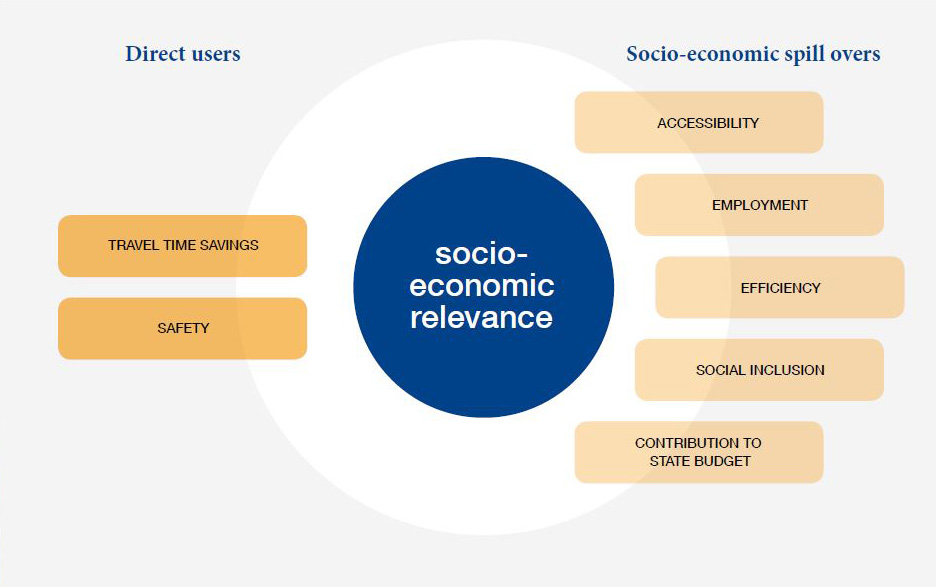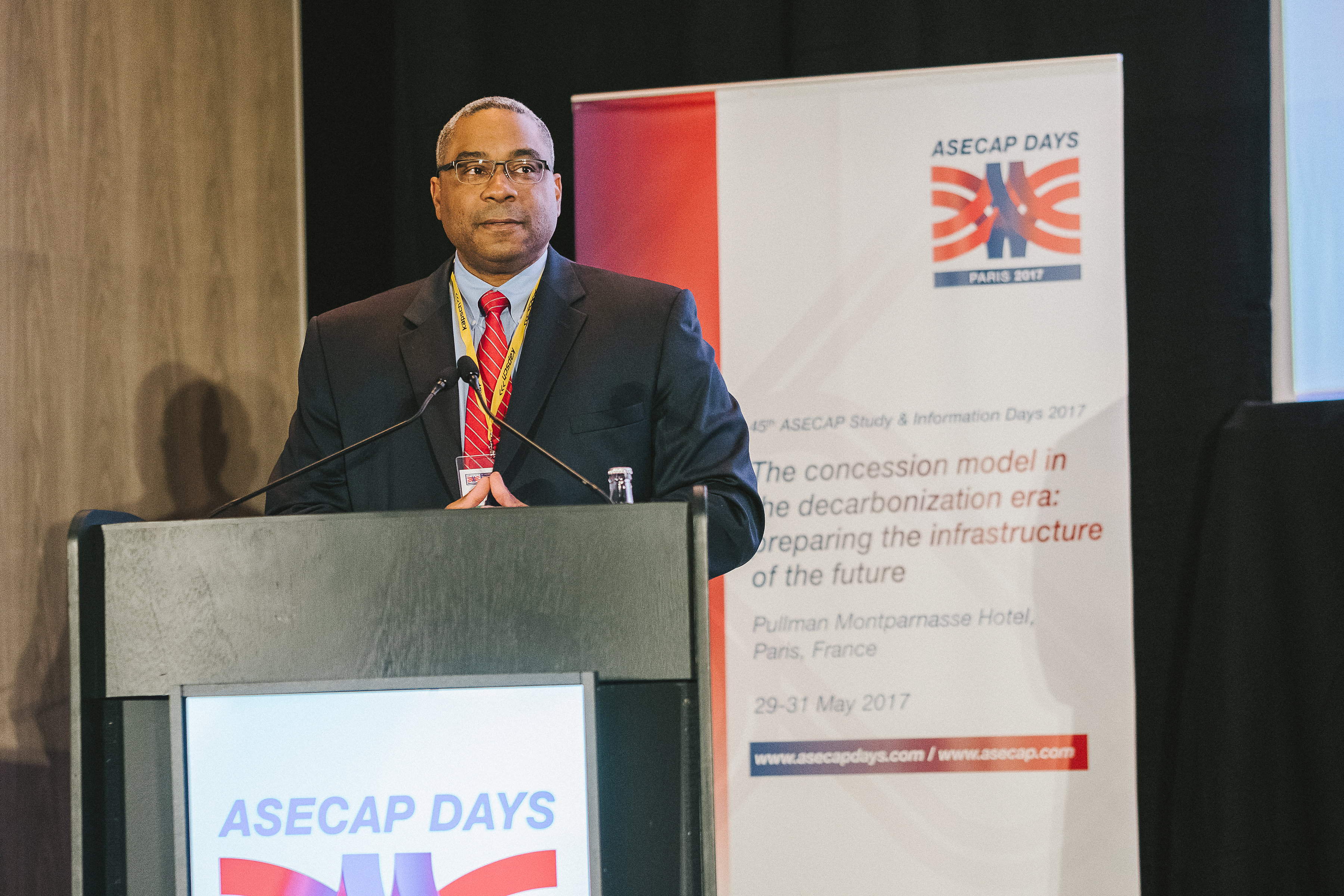
New regulations are set to standardise the process of awarding concessions across the European Union.
In the wake of several inconsistent judgements at the European Court of Justice, the
Of greater importance is that the awarding authority will no longer be allowed to carry the operational risk which will have to fall to the concessionaire. The EU defines operational risk as the possibility that the concessionaire may make a loss and is not guaranteed to recoup its investment.
“This uncertainty is really at the heart of the definition of a concession,” Lukasz Rozanski from the European Commission’s DG Market told delegates to the recent
Risk must be outside the control of either party and comes in two areas - the demand side (too few users), and the supply side such as a road in the Alps likely to be impassable at times due to winter snowfall.
Rozanski said the concessionaire is deemed to have retained the supply side risk if its remuneration is linked to the number of days per year the road is open rather than the number of vehicles using the road. He confirmed that shadow tolling would meet the requirements provided the amount paid by the authority was determined by the number of vehicles using the road, as in that case the demand side risk remained with the concessionaire.
In his presentation Rozanski said the new requirements mean concessions would be limited in duration to that required to recoup the capital and make a return on the investment.
Talking to ITS International in an informal capacity after the event, Rozanski said: “This means that the concession cannot be awarded for a longer period. It also cannot be extended over this period unless additional investments have been made.
“I think the provision should be interpreted as prohibiting the award of concessions for a period longer than estimated, at the moment of the award, as necessary to recoup [capital and return]. If it turns out that the concessionaire has recouped long before the term of the concession, it may stand as a strong indication that the duration has been calculated wrongly.
“In this case, a court might take the view that the concession has been awarded in violation of the EU law and thus should be terminated. On the other hand, it would probably not come to this conclusion if the contracting authority/entity was able to prove that the original estimate was correct and the earlier recoupment was due to circumstances that a diligent contracting authority/entity could not foresee.”
The regulations do include scope to make changes to the contractual arrangements after the concession is awarded if, for instance, pre-declared options are taken up, if additional work is required or in the event of unforeseen circumstances. The extent of these changes are limited in scope by the regulations and any that fall outside these allowed limits will be deemed as non-compliant. If that is the case the tendering process will have to be rerun. When the concession comes to an end, if the motorway belongs to a public authority then the authority can decide on the conditions of use going forwards. Rozanski interprets the options as follows: “The road may become free or the public authority may collect the toll by itself. It can also award a new concession or a new public contract for the exploitation of the motorway.”
While precise interpretation of the legislation may have to await official confirmation, the EU has laid down ground rules for the awarding of concessions and member states have until 16 April 2016 to enact legislation reflecting these changes.










